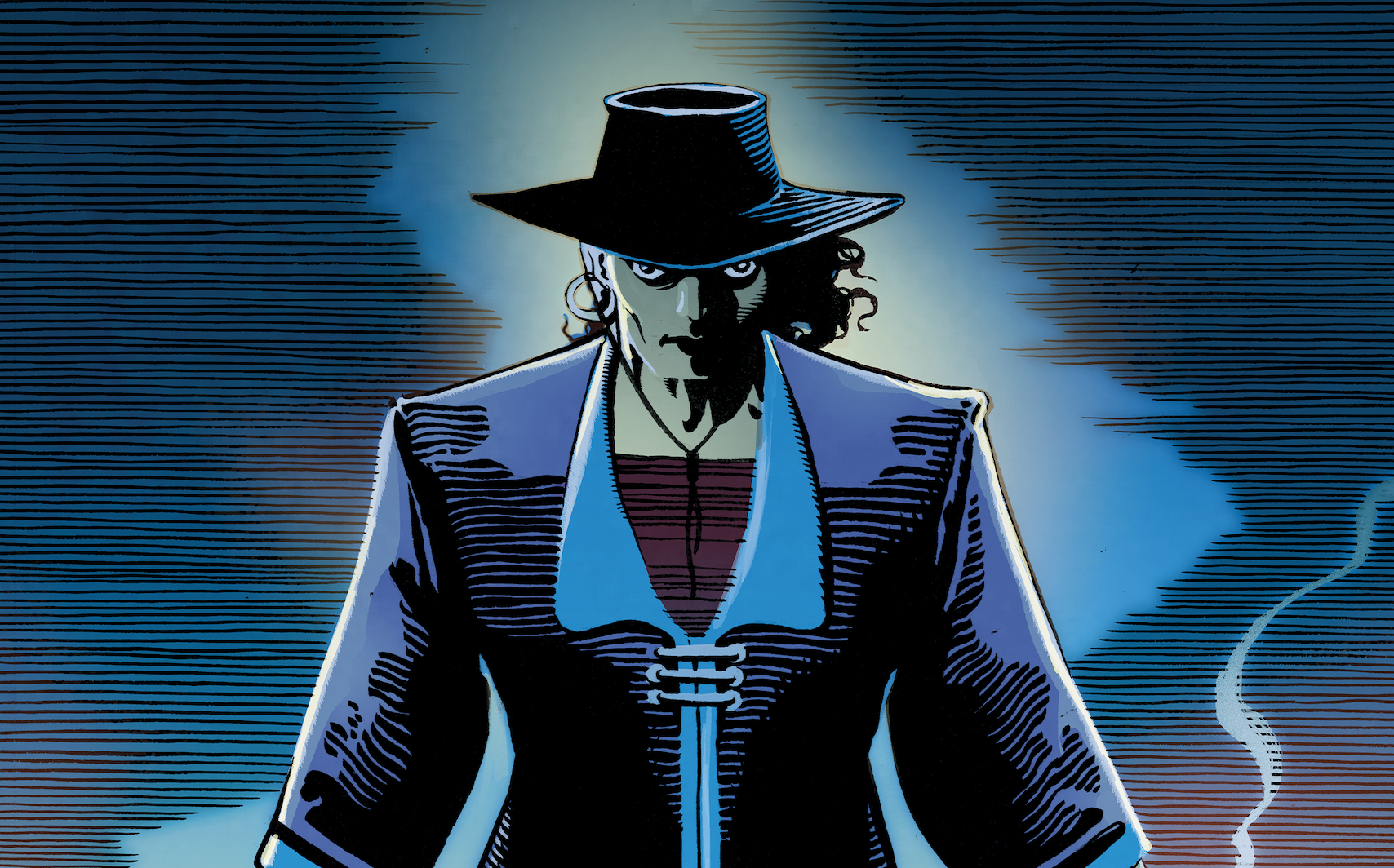
Pulling influence from her eclectic background, Sukhmani taps into the whimsical world of self-reflection on her debut EP ‘Here’, released on April 1. Digging into those phases of self-exploration and striving to be present, the record brings a dreamy ambiance and juxtapositions it with reflective sentimentality. Sukhmani’s feathery vocals lull listeners into a dream-pop state and serve as the perfect background for introspection.
You may be familiar with Sukhmani’s work if you are a GTHQ avid reader, as we recently featured a track she collaborated on with two acclaimed female artists called ‘Ash + Bone’, confronting gender inequality in the music industry.
As one of first female tabla players to emerge from the U.K, she has toured and recorded as a percussionist for years, playing on stage at the 2019 Grammy Awards.
Sukhmani was born into a Punjabi immigrant family in the United Kingdom, and grew up in Leeds where she was surrounded by the sounds of her Punjabi Sikh family, the Afro Caribbean community, and the city’s thriving music scene. She now brings her rare understanding of rhythm and percussion to her own music, delivering sultry vocals over deep, driving beats.
She explains that her latest project gave her the opportunity to “say the things we might be afraid of voicing out loud in the hopes it might speak to someone and encourage them to do the same.” With tracks like the lead single “Everybody’s Best Friend,” which details the feeling of being a friend to everyone except yourself, the record is intentionally cathartic and unapologetic.
Balancing lightheartedness and depth, Sukhmani skillfully details her story with an instrumentation that is completely her own. Blending the Indian musical rhythms from her Punjabi Sikh background with the sounds of the cities through her upbringing in the UK and every experience in between, Sukhmani’s music is an intricate weaving of diverse cultural manifestations.
Regarding the record as “pure therapy,” she explains that the EP gave her an outlet to “take an experience, conversation, or emotion and process it into song,” she says.
We had the opportunity to go one-on-one with Sukhmani after the release of ‘Here’ to delve into the central themes of the EP, and how her cultural heritage plays a role in the music she makes. But first, watch the music video for ‘Everybody’s Best Friend’ below:
Congrats on the release of your debut EP ‘Here’. How does it feel to finally have it out in the world?
Thank you so much! It feels surreal that it’s finally out in the world! I’m definitely still pinching myself to make sure this is all real. I’ve had these songs and the idea for this EP for a long time, so to know that others are listening to it now too feels amazing.
The record has been described as cathartic for you, written from a very personal point of view. Can you share more about this in relation to the tracks?
Absolutely. The whole process of writing and recording the songs was extremely therapeutic for me. I wanted to write about the things I feel deeply (like identity, self-worth, change) and create some sort of emotional progression or processing through the EP. Every phase of life has its unique challenges, growth, and healing, and this EP encapsulates one of those phases for me.
I also had a lot of fear around singing! I’ve spent most of my music career playing tabla and percussion in bands, so singing for my own record was a very new venture for me and something I had initially thought I wouldn’t be able to do! I had been writing songs for a while but the act of recording them meant stepping way outside my comfort zone! Being able to overcome the fear was hugely cathartic.
We love the mixture of dreamy electric pop sounds fused with Indian influence. Why was it important for you to have a blend of sounds in this EP?
I wanted everything about the EP to feel as organic and authentic as possible. In order to do that, it was important to create a soundscape that felt familiar to listeners, but also like home in my own ears. I love electronic music so much, but I have a strong foundation in Indian music which we made subtle nods to throughout the EP.
We used electronic sounds/instruments, acoustic instruments from across the world, along with a ton of organic sounds in the percussion especially – a lot of the sounds were made on items like coffee cups, table legs etc Ultimately, we wanted to create a blend of sounds that felt familiar but fresh.

You grew up in the UK, in an immigrant Punjabi Sikh family, surrounded by an Afro caribbean community. How has this blend of cultures influenced who you are today, and the music you make?
When my mother’s family migrated to Leeds in the 70s, the Punjabi and West Indian communities were becoming pretty integrated. Because they were minority communities, they lived in the same neighbourhoods, worked at the same factories, shopped at the same markets etc. I think growing up in such a diverse community allows for a lot of compassion and empathy for minority communities and working people in general.
Musically speaking, by the late 90’s the British Asian Underground scene, where dance music was being mixed with South Asian music, was gaining some serious momentum. Though my music doesn’t sound heavily influenced by that, that type of music made up a lot of what I was listening to growing up and really opened my mind to what was possible in terms of blending musical styles! I would say that this blend of cultures has influenced my approach to rhythm more than anything else.
I am a percussionist first and foremost, and the first instrument I applied myself to was the tabla. When learning about rhythm from a young age, I found that when I was listening to any kind of music, my ear would immediately pick out the beat, and I think I quickly began blending rhythms from the different types of music I was listening to.
As one of the first female tabla players from the UK to playing on the Grammy stage in 2019, what does it mean to be a pioneer musician in this landscape?
This question is extremely humbling! I definitely just feel so lucky to have had the opportunity to learn tabla from my teachers and to be part of a wonderful community of South Asian Musicians growing up together in Leeds. I don’t think my life would have happened how it has, without the immense effort of so many musicians and organizers before me whose mission was to keep Indian Classical Music traditions alive across the UK. These organizations were working tirelessly in the face of constant funding cuts to keep world class Indian vocal and instrumental lessons happening throughout the years, and I was very fortunate to have benefitted hugely from their efforts.
Which artists and musicians were you inspired by in the making of ‘Here’?
In the last few years there has been a rise of south asian women in popular music which has been so inspiring to see! I was in awe seeing Raveena, Joy Crookes, Priya Ragu, Raja Kumari (and so many more) in the thick of the music industry. Seeing them made it so real that south asian women can and DO have a place in mainstream music.

Can you tell us about writing ‘Everybody’s Best Friend’ the first single off the EP, and the message behind it?
‘Everybody’s Best Friend’ was written at a time where whenever someone asked me how I was, I was responding with “happy/sad!” I think we’ve all experienced moments where we’re surrounded by people, and it seems like we have everything we need to be happy, but we might feel quite alone or not really present. I wanted to encapsulate that feeling in a tongue in cheek pop song that’s neither too much in its sadness or happiness, rather observant of both and curious about what’s on the other side. Despite the seeming imperfection of some of our experiences, I wanted to highlight that they all hold profound importance.
What is the story behind the track ‘Not Your Exotic’?
Learning to exist between cultures has been a process for me and I think for a long time I was uncomfortable in my own skin. I think for a while I was running away from myself, but there always comes a time where you have to stop running. This track came from a place of wanting to embrace and represent myself in a very brave, full, real way. And it’s just as much about asking others to do the same as it is about myself which is where the word ‘exotic’ comes in.
I have been called “exotic” in my life more times than I can count, and although I understand that the intention can be complementary and I sometimes used to take it that way, I wanted to point out that the word applied to another human being is incorrect, because by calling someone exotic you are measuring them against a standard that is white. I wanted to offer an alternative to otherizing, and instead call for us to appreciate and celebrate ourselves as well as each other, honouring diversity whilst acknowledging our inherent oneness.
What do you want listeners to remember most when listening to your EP?
I would love listeners to feel whole, just as they are. I think we live in a culture where we strive for some sort of “ideal” or “perfect” version of ourselves. We’re constantly being sold narratives, products, ideas of what would make us ‘better’, and although I think self improvement is wonderful, I don’t think it should come from a place of thinking we’re not good enough as we are. ‘Here’ is definitely written about the beauty of the moment, as it is, and as we are, and I hope listeners can feel that message in the music.
You can download ‘Here’ and listen to all of Sukhmani’s debut tracks, including ‘Everybody’s Best Friend’ and ‘Not Your Exotic’ by clicking HERE.

















